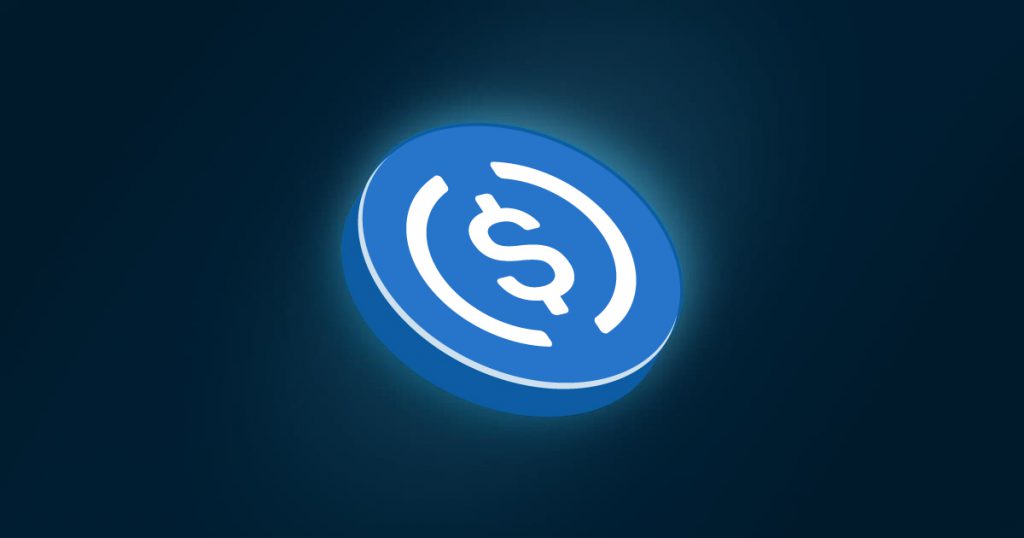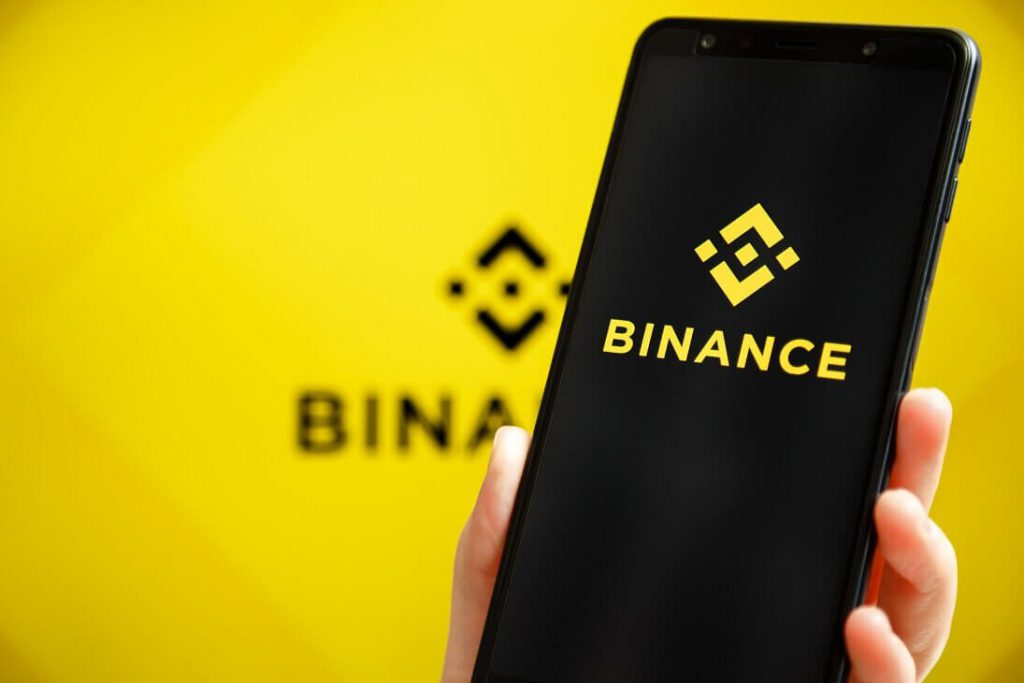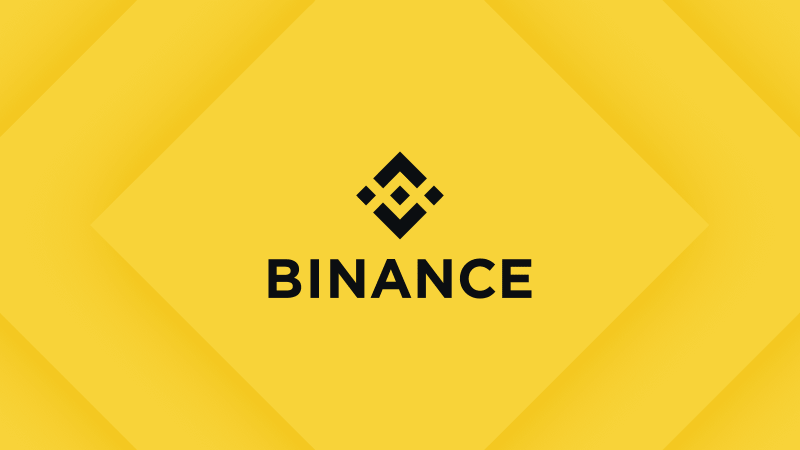In an interesting development for the cryptocurrency exchange, Binance has converted its $1 billion emergency fund into USDC. Indeed, the exchange officially announced the conversion of its Secure Asset Fund for Users (SAFU) into the Circle stablecoin.
The move now means that 3% of the entire circulating supply of the stablecoin exists in the fund. Conversely, Binance enjoyed some positive news this week with the announcement of its regulatory approval in Dubai. Moreover, it is working to pay a settlement to restart operations in India.


Also Read: Binance Launches Megadrop: An Airdrops and Web3 Quests Platform
Binance Emergency Fund Converted into Circle Stablecoin
The past several months have been rather difficult for cryptocurrency exchange Binance. At the end of 2023, it saw a massive transformation take over the company’s infrastructure. Years-long investigations levied a multi-billion penalty against the platform, with its longtime CEO Changpeng Zhao forced to step away from the company.
However, this week has seen some positive headlines arrive regarding the exchange’s operations. Alongside that, Binance has announced that its $1 billion emergency fund has been converted entirely to USDC. In a statement, they note that the fund- created in 2018- is dedicated to protecting users “in extreme situations” and has remained a key part of its infrastructure.


Also Read: Binance Reportedly Wants To Pay $2 Million To Reopen In India
“Over the years, we’ve continued to monitor SAFU’s size, maintaining a balance at a level adequate to safeguard our users,” the exchange said in an announcement. “Although it has fluctuated, this level is typically set at $1B.” Additionally, they note that the fund, and the company, will continue “to evolve to meet market conditions head-on.”
The company has been under scrutiny from several regulatory regimes throughout the globe. The United States, India, and Nigeria have all taken action against the company in the last six months. Yet, it appears to be seeking a remedy to most of those situations, to better get past their lingering effects.





